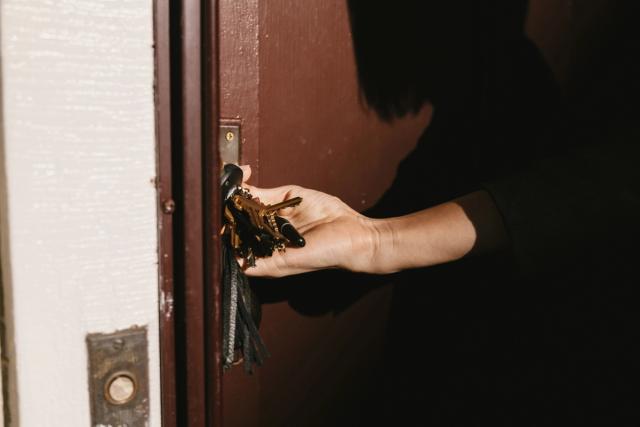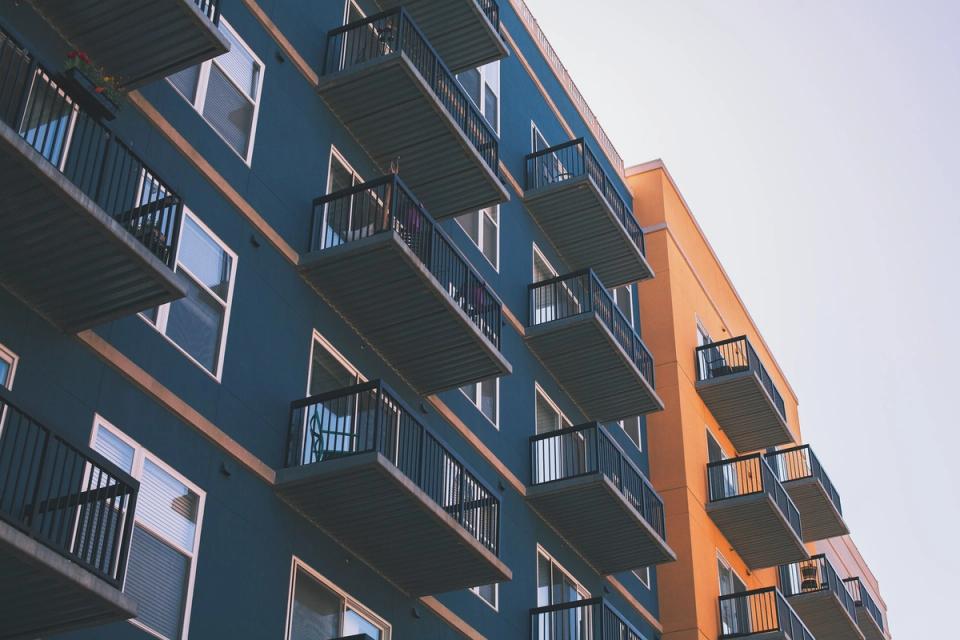The landlord's access to the residence

The landlord's right to access the residence
The tenant has an exclusive right of use to the residence, and the landlord cannot access the tenant's home without a legal reason to.
If the landlord wants to inspect the residence, do necessary maintenance work, make legal alterations to the property or other kinds of work that is needed to avoid damage to the residence, the tenant is obligated to give the landlord access to the residence.
If the work is an inconvenience to the tenant, the tenant may claim rent reduction pursuant to section 2-11 of the Tenancy Act, provided that the inconvenience is not insignificant. This does not apply if the work that is needed is due to damage made by the tenant.
Duty to notify
The main rule is that the landlord has an obligation to notify the tenant within a reasonable time, before they intend to do an inspection or maintenance work. This entails that the landlord cannot access the residence without notifying the tenant in advance. Normally it should be notified at least one week in advance.
In some cases it is acceptable with a shorter time frame. This could for example be if the joint housing ownership have scheduled inspections with a plumber and the landlord is only notified four days a head. In such a case, the tenant must be notified immediately.
Exceptions to the duty to notify
The duty to notify does not apply if measures are necessary to avoid damage to the property, and it is not possible to notify the tenant.
For example if a leak occurs and water is running down into the apartment below. The tenant is on vacation, and the landlord is notified by the neighbour. The landlord may in serious circumstances such as this, access the residence. The landlord must let the tenant know that they have done so.
Before alterations pursuant to section 5-4 of the Tenancy Act are made to the residence, the tenant must be notified at least three months in advance.
Read more about maintenance and alterations to the propertyAvailabilty for viewing before vacation of the residence
In the time period before vacating the residence, the tenant is to a reasonable extent obligated to give the landlord and prospective tenants access to view the residence. This is provided that one of the parties have given notice to end the tenancy, or that it is a tenancy agreement for a specified time period which expires soon.
If the landlord has given notice, and the tenant has objected to the notice, he is not obligated to give new tenants access to the residence before the notice of termination is approved by the Rent Disputes Tribunal.
The landlord cannot demand that the tenant holds the viewing, he can only demand that the residence is made available for viewing.
Disputes that can occur
All disputesRelated articles

Mould and dampness
Mould is one of the most common property damages. It is often multiple causes for mould to occur. Often the mould is due to a combination of circumstances with ...

When the tenant refuses to move out
The tenant is obligated to move out when the tenancy or the notice period has expired.

Can the landlord make alterations to the residence?
The landlord can make alterations without approval from the tenant. This does however only apply if the landlord can make the alterations without noteworthy inc...